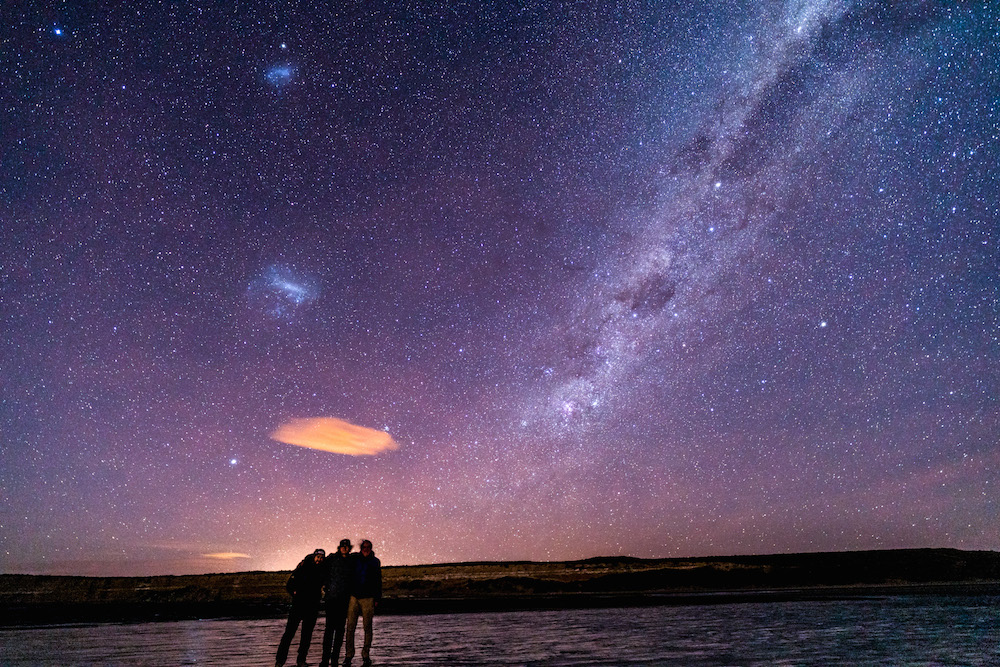
(Photo: Jack Jewell)
Chasing Shadows [starts at 9:40] Astronomy is a science that depends on watching things happen in the universe that we don’t have control over: supernovae, formation of stars, orbits of planets, and the spectacle of solar eclipses. You can’t grab a distant galaxy and bring it into the lab for experiments, so astronomers have to depend on studying the light that fortuitously comes to them from distant objects. However, by studying just that light, we can learn much about the objects in the universe and how they formed and evolved. For example, studying solar eclipses have taught us about the corona of the sun and about general relativity. To make those observations and measurements, scientists have to chase the shadow and set up their laboratory in remote places to catch it. In this edition of How on Earth we talk with one such shadow-chaser: astronomer Dr. Marc Buie from the Boulder office of the Southwest Research Institute. Marc organized a set of expeditions around the Earth to observe occultations of the Kuiper belt object 2014 MU69, which is is the next flyby target of the New Horizons space mission that flew past Pluto in July 2015. He explains the science of occultations, what can be gleaned from these shadowy observations of 2014 MU69, and talks about planning for observation expeditions to remote places around the world.
Hosts: Joel Parker, Chip Grandits
Producer / Engineer: Joel Parker
Executive Producer: Alejandro Soto
Listen to the show:
Podcast: Play in new window | Download (Duration: 27:53 — 25.5MB)
Subscribe: RSS




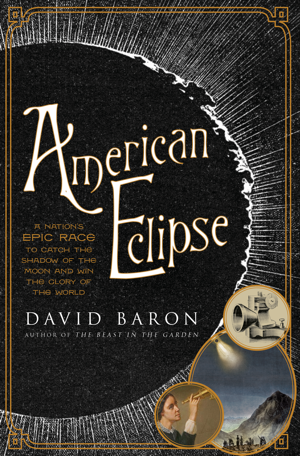
 This August 21st, some parts of the Earth will be plunged into darkness in the middle of the day. It will be a solar eclipse; the moon’s shadow will cross the United States from Oregon to South Carolina, with the path closest to Colorado passing through Wyoming and Nebraska.
This August 21st, some parts of the Earth will be plunged into darkness in the middle of the day. It will be a solar eclipse; the moon’s shadow will cross the United States from Oregon to South Carolina, with the path closest to Colorado passing through Wyoming and Nebraska.
 With graduation season is upon us, or in many cases in the rearview mirror, today’s edition of How on Earth is the second of a two-part “Graduation Special”. Our guests in the studio today are scientists who recently graduated with – or soon will receive – their Ph.D. They talk about their thesis research, their grad school experiences, and what they have planned next.
With graduation season is upon us, or in many cases in the rearview mirror, today’s edition of How on Earth is the second of a two-part “Graduation Special”. Our guests in the studio today are scientists who recently graduated with – or soon will receive – their Ph.D. They talk about their thesis research, their grad school experiences, and what they have planned next. Abby Koss
Abby Koss Matteo Crismani
Matteo Crismani
 Morgan Rehnberg – CU Boulder,
Morgan Rehnberg – CU Boulder, 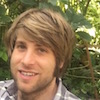 David Horvath – Colorado School of Mines,
David Horvath – Colorado School of Mines,  Joseph Lee – CU Boulder,
Joseph Lee – CU Boulder, 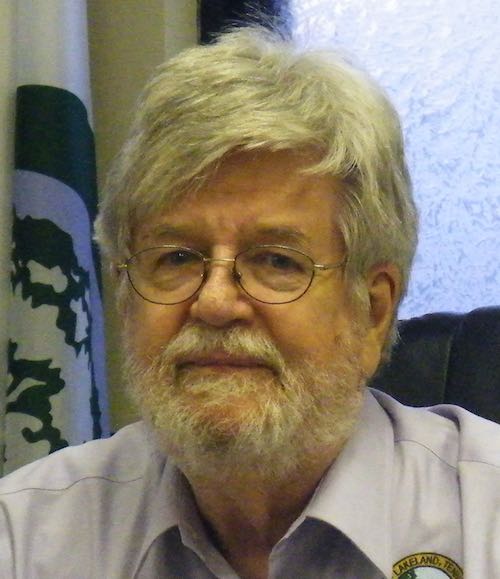
 Today’s How on Earth show is a special edition in conjunction with the
Today’s How on Earth show is a special edition in conjunction with the 
 Today’s feature has How on Earth’s Beth Bennett talking with Dr. Mike Shanahan, a biologist who has a degree in rainforest ecology. He has lived in a national park in Borneo, bred endangered penguins, and investigated illegal bear farms. His writing has appeared in
Today’s feature has How on Earth’s Beth Bennett talking with Dr. Mike Shanahan, a biologist who has a degree in rainforest ecology. He has lived in a national park in Borneo, bred endangered penguins, and investigated illegal bear farms. His writing has appeared in 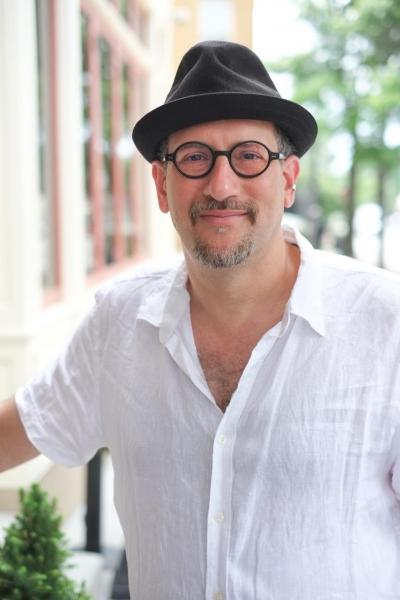

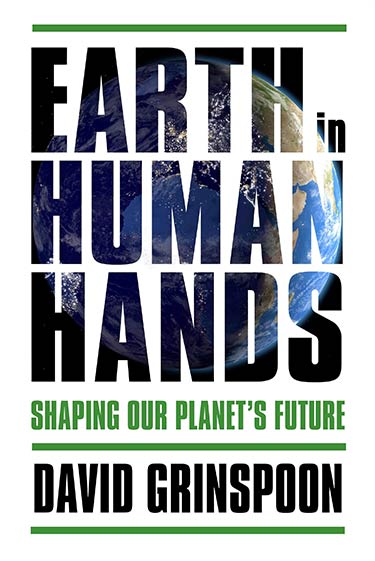


 For this end-of-the-year How on Earth show, we look back to 2016 with clips from some of our features from the past year: selections from the
For this end-of-the-year How on Earth show, we look back to 2016 with clips from some of our features from the past year: selections from the 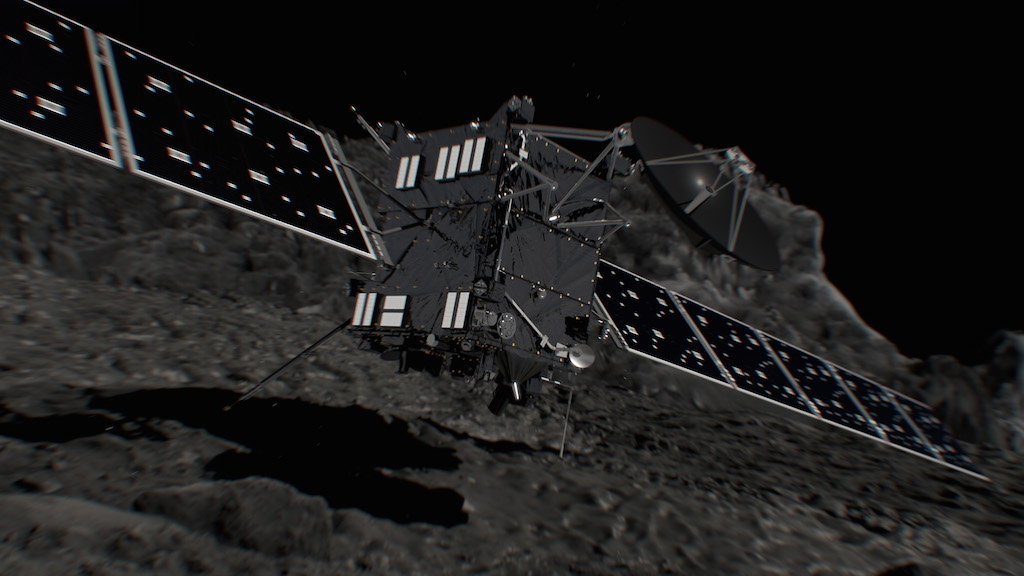
 Rosetta [feature starts at 5:27]
Rosetta [feature starts at 5:27]